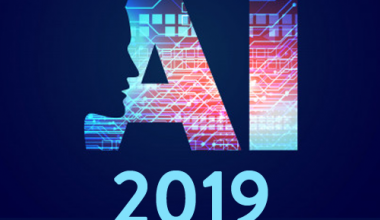It was the case of the missing PhD student.
As another academic year got under way at Imperial College London, a senior professor was bemused at the absence of one of her students. He had worked in her lab for three years and had one more left to complete his studies. But he had stopped coming in.
Eventually, the professor called him. He had left for a six-figure salary at Apple.
“He was offered such a huge amount of money that he simply stopped everything and left,” said Maja Pantic, professor of affective and behavioural computing at Imperial. “It’s five times the salary I can offer. It’s unbelievable. We cannot compete.”
It is not an isolated event. Across the country, talented computer scientists are being lured from academia by private sector offers that are hard to turn down. According to a Guardian survey of Britain’s top ranking research universities, tech firms are hiring AI experts at a prodigious rate, fueling a brain drain that has already hit research and teaching. One university executive warned of a “missing generation” of academics who would normally teach students and be the creative force behind research projects.
The impact of the brain drain may reach far beyond academia. Pantic said the majority of top AI researchers moved to a handful of companies, meaning their skills and experience were not shared through society. “That’s a problem because only a diffusion of innovation, rather than its concentration into just a few companies, can mitigate the dramatic disruptions and negative effects that AI may bring about.”
She is concerned that major tech firms are creating a huge pay gap between AI professionals and the rest of the workforce. Beyond getting the companies to pay their taxes, Pantic said the government might have to consider pay caps, a strategy that has reined in corporate salaries in Nordic countries.
Many of the best researchers move to Google, Amazon, Facebook and Apple. “The creme de la creme of academia has been bought and that is worrying,” Pantic said. “If the companies don’t pay tax it’s a problem for the government. The government doesn’t get enough money to educate people, or to invest in academia. It’s a vicious circle.”
Read the source article at TheGuardian.com.
Source: AI Trends






